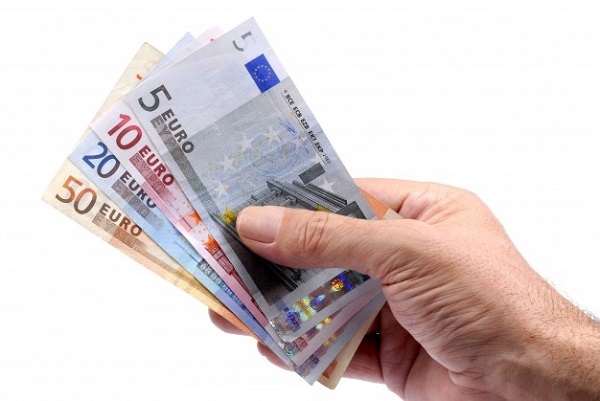
The Luxembourg government has issued a statement on recent articles published in the international press concerning alleged shortcomings in the Grand Duchy's anti-money laundering arrangements; the government has refuted such allegations.
As reported by the government, the authors of these articles also made a number of unsubstantiated assertions about the Luxembourg economy and its financial centre. The authorities assured that Luxembourg is fully in line and compliant with all European Union (EU) and international regulations and transparency standards and that it applies, without exception, the full arsenal of EU and international measures to exchange information in tax matters and combat tax abuse and tax avoidance. Neither the EU nor the OECD have identified any harmful tax regime or practices in Luxembourg.
The government also maintained that Luxembourg provides no favourable tax regime for multinational firms, nor digital companies, which have to abide by the same rules and legislation as any other company in the Grand Duchy.
The authorities added that Luxembourg is a stable, triple-A rated country with an open, diversified economy focussed on high-added value services and industry, including financial services, automotive industry, information technologies, biotech and cleantech, as well as satellite and space technologies. Many industrial groups have production facilities as well as research and development (R&D) and innovation centres in Luxembourg.
The official statement also recalled that Luxembourg is home to one of Europe's main international financial centres, with multinational firms from across the globe leveraging the financial sector expertise of the country to centralise their cross-border financial activities.
It went on to clarify that, fully aware of its responsibility as an international financial centre, Luxembourg continuously assesses and updates its supervisory architecture and arsenal of measures to combat money laundering and terrorist financing (AML/CFT) and applies all EU and international regulations as well as the FATF (Financial Action Task Force on Money Laundering) recommendations.
Luxembourg authorities in charge of AML closely cooperate with each other as well as their peers in other jurisdictions. In line with the growth of the financial centre, the Financial Sector Supervisory Commission (CSSF) has doubled the number of its employees over the past seven years to reach 1,000 staff to date. Its staff in charge of the fight against money laundering is constantly increasing, having grown by 46% over the last three years alone.
The government maintained that companies in the regulated financial sector, as well as business service providers, are all subject to the obligation of due diligence, which requires the professional to identify their client as well as the beneficial owner of the transaction and to report any suspicious activity.
More recently, Luxembourg was one of the first countries in Europe to set up a public Ultimate Beneficial Owners Registry (UBO). According to the government, it is one of the only EU countries to have opted for a completely open and transparent registry, which is accessible, online and free of charge, without any restriction to the public. The UBO, which is only one tool among many to ensure AML compliance, and the data it holds are continuously being assessed and improved where necessary. At the end of 2020, the completeness rate of the register was around 90%.
Given that Luxembourg is fully compliant with and has implemented all applicable EU and international rules and standards with regards to tax transparency, the fight against tax abuse as well as AML/CFT, the Luxembourg government has rejected the claims made in these articles as well as what it has deemed the entirely unjustified portrayal of the country and its economy.
Having been contacted prior to publication of the articles in question, the Luxembourg authorities have given extensive feedback to the questions raised.








